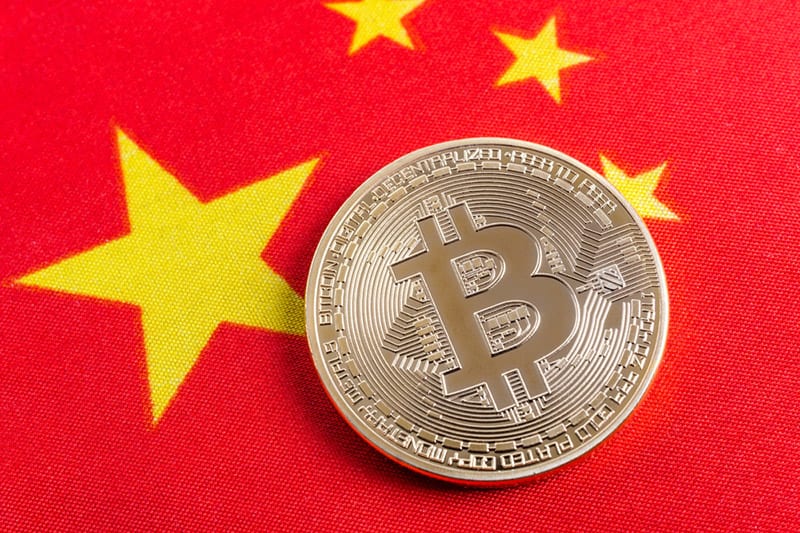
Things are changing in the crypto scene in China. Last week the Bank of China, one of the four biggest state-owned banks, is said to have published an infographic on Bitcoin.
On July 26th, Samson Mow, game developer and CSO of Blockstream, a Bitcoin and blockchain technology company, posted a screenshot of an infographic on his Twitter account. He announced that it was posted by the Bank of China, explaining Bitcoin.
The Bank of China Bitcoin Infographic

Bank of China’s Bitcoin Infographic from July 26th. Source: https://openapi.boc.cn
The infographic shines a light on the pros and cons of Bitcoin in three sections:
- What Bitcoin is, its benefits and its ten-year history
- Why it has value and why the price is volatile
- The present and potential future of bitcoin as a payment method
Warning of the ups and downs of crypto investing, it features, among others, 28-year-old Chinese crypto entrepreneur Justin Sun, who recently bid a record-breaking $4.6 million in a charity auction to have lunch with billionaire Warren Buffett, a noted crypto skeptic.
China and Cryptocurrency
To date, the Chinese government has not been a great fan of Bitcoin or cryptocurrency in general. In 2017, it banned crypto trading and ICOs (initial coin offerings – the crypto equivalent of an initial public offering/stock market launch.)
Following the banning, Chinese cryptocurrency exchanges were closed down, but many enthusiasts are said to have continued to access exchanges in other countries, particularly in South Korea and Japan.
Despite the ban in trading, China is still the world leader in Bitcoin mining, partly due to the availability of cheap electricity and centralized mining operations.
Other cryptocurrencies too have a strong presence in China. Many of the top block producers of EOS – a contender to push Ethereum off its throne as the lead blockchain for smart contracts – are physically located in China or under the control of Chinese mining pools. (China’s Centre for Information and Industry Development (CCID) rates EOS projects number 1 in its rankings of the 37 top crypto projects.)
The Future of Cryptocurrency in China
Bitcoin gained clarity earlier in July when, for the first time, a ruling was made on the legal status of Bitcoin in China – Bitcoin is a virtual property with monetary value.
And recently, the Chinese central bank – the People’s Bank of China (PBOC) – which had already expressed an interest in using blockchain technology, reported that it is looking at creating its own cryptocurrency, partly influenced by the emergence of projects such as Facebook’s “Libra” currency.
While things won’t change overnight, it seems that the attitude to Bitcoin and cryptocurrency is thawing.
Read more
